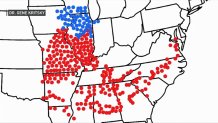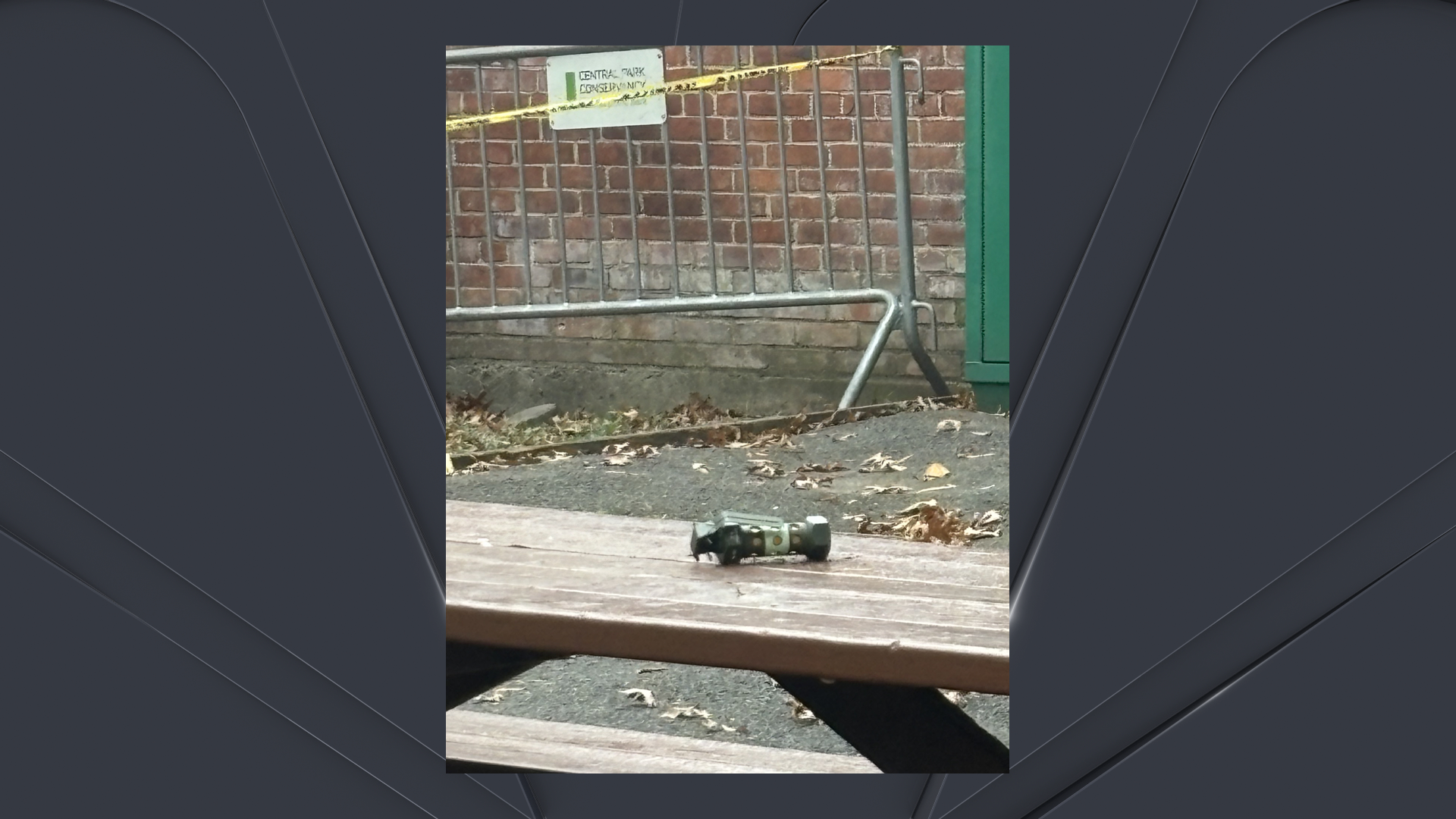Once winter is (eventually) over and the cold moves out, the spring will usher in a once in a lifetime event for many across the country. Though it may not exactly be a welcome one.
A rare double brood of cicadas will emerge from the soil at the same time, the first time such a thing has happened since 1803. Scientists say it won't happen again for another 221 years.
Which may be a good thing for our ears, according to one expert.
"If you go into a woods full of cicadas, and you get back in your car, your ears are still ringing like you’ve been to a rock concert," said entomologist Dr. Gene Kritsky.
One brood of cicadas is loud enough; two could be downright deafening. The noise comes from cicadas desperately trying their hand at their version of speed dating: The creatures have just four to six weeks above ground to mate before they die.
"It’s a mating call to attract the female — to verify that there’s interest, and during the process of mating itself," said Dr. Kritsky.
Get Tri-state area news delivered to your inbox. Sign up for NBC New York's News Headlines newsletter.
The bugs in this year's broods have been waiting underground for more than a decade.
News
The last time they emerged together was in 1803, when Thomas Jefferson was serving as the country's third president.
A map of the two broods (below) shows where they are expected to emerge. It's mostly in the Southeast and the Midwest, where people in central Illinois will either enjoy — or detest — both broods, with up to 1.5 million cicadas per acre.

"There will be cicada tourism this summer. I’ve already spoke with people from the U.K. and Japan who are planning trips to see the overlap," said Kritsky, who has developed an app to keep track of the insects.
Cicadas' impact on NJ
So what does it all mean for New Jersey and the rest of the tri-state area? Not too much this year, fortunately.
The next brood of cicadas isn't expected to emerge from the ground in the Garden State until Summer 2025, though there may be some stragglers that come out a year early that you could see (and hear) then.
The timing of this year's broods really depends on the weather. When the soil temperature gets to around 64 degrees, both will begin to emerge.
While experts say billions of the insects will be in the other parts of the country, the east coast will see far fewer. But with some broods as far north as Maryland, they will make an appearance somewhat close to the area.



